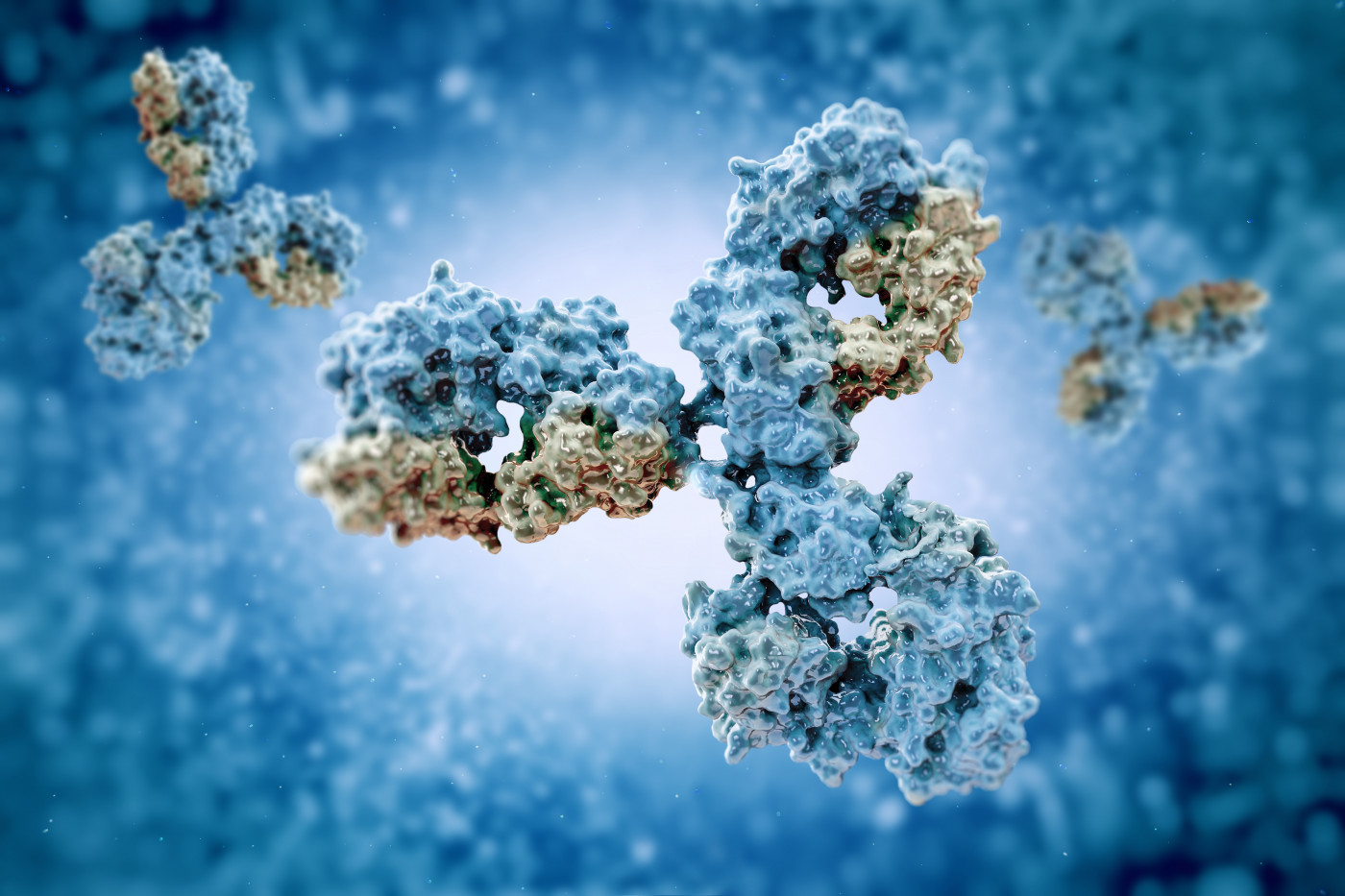AC Immune Working to Move TDP-43 Antibody Into Clinical Testing for ALS

AC Immune is planning to advance its investigational anti-TDP-43 antibody into clinical testing for neurodegenerative diseases, like amyotrophic lateral sclerosis (ALS), in which TPD-43 protein aggregates play a major role in brain damage.
The company announced the start of preclinical studies into this first-in-class antibody. This work will support the filing of investigational new drug (IND) applications with regulatory agencies, necessary to begin trial in people.
“This milestone reinforces AC Immune’s position as a leader in developing novel therapies against neurodegenerative diseases, with our anti-TDP-43 antibody on track to become the first in the world to reach clinical development,” Andrea Pfeifer, CEO of AC Immune, said in a press release.
TDP-43 clumps present within brain nerve cells have been implicated in ALS, frontotemporal dementia (FTD), and a number of other neurodegenerative disorders. In Alzheimer’s disease, for example, it appears that TDP-43 toxic clumps are present in about 50% of patients and contribute to disease severity.
This protein is normally found in the cell nucleus, where it stabilizes RNA molecules — DNA ‘blueprints’ that serve as intermediaries in the production of proteins. Certain mutations cause TDP-43 to become abnormally shaped and to accumulate in the cytoplasm, not the nucleus, leading to TDP-43 clumping within nerve cells.
These clumps affect the normal function of mitochondria (the cells’ energy factories), and are able to spread from one nerve cell to another, causing progressive loss of nerve cell function and eventually killing the cells.
It is believed that targeting abnormal TDP-43 could prevent the spread of its toxic protein aggregates, and potentially slow disease progression in patients. While other companies have been focusing on targeting a region of TDP-43 that is only accessible in the misfolded protein, AC Immune’s lead TDP-43 antibody binds all forms of TDP-43 with high affinity.
The company recently shared data at the virtual Advances in Alzheimer’s and Parkinson’s Therapies (AAT-AD/PD) Focus Meeting, demonstrating that its antibody mitigated brain damage in a mouse model of TDP-43-associated neurodegeneration.
This is the first antibody showing efficacy in living organisms, and AC Immune says it is on track to become the first anti-TDP-43 antibody in the world reaching clinical development.
“Aggregation of pathological forms of TDP-43 is an increasingly validated therapeutic target and a well-established hallmark of neurodegeneration,” said Pfeifer. “Initiation of IND-enabling studies for our first-in-class lead anti-TDP-43 antibody is a major step toward addressing pressing unmet need in NeuroOrphan indications.”
AC Immune is also developing antibody candidates that target amyloid beta and tau proteins in Alzheimer’s, and alpha-synuclein protein in Parkinson’s. All have been developed with the company’s SupraAntigen platform, and some are now in Phase 2 testing.
Using its proprietary Morphomer platform, the company also developed a tracer for TDP-43 toxic protein clumps, which could enable physicians to locate and measure the amount of these protein aggregates in nerve cells during imaging exams, and to measure responses to treatment.
“The company’s success is driven in part by our proprietary SupraAntigen platform, which has already produced therapeutic monoclonal antibody candidates targeting Abeta and Tau that were successfully out-licensed to leading pharmaceutical companies and are currently advancing in multiple Phase 2 clinical studies,” Pfeifer said.
“Advancement of the anti-TDP-43 antibody further validates the continuing productivity of this platform,” she added.






